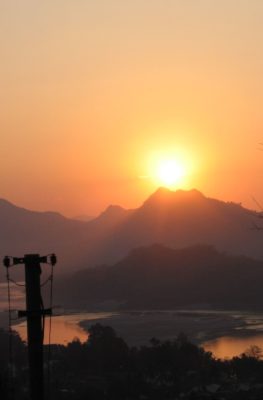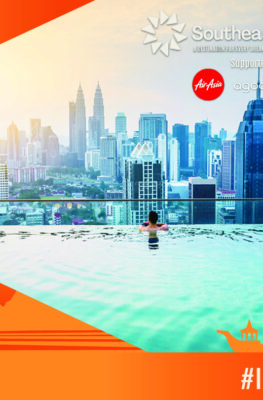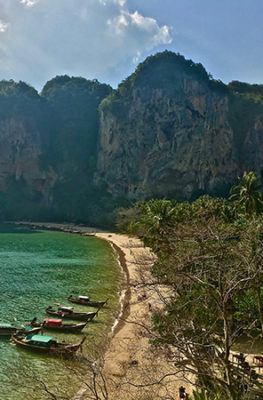Published on September 28, 2019
Myanmar, an emerging travel destination in the Pacific Asia region, has long been an source of fascination for international travellers from many parts of the world. With the spread of its good reputation as a travel hotspot destination, Myanmar’s star is shining ever more brightly.
This is a place of authenticity where visitors can feel something genuine through their travels and enjoy an array of tourism products. The unsullied cultural and natural resources, people with a sense of genuine hospitality and friendliness, who still take pride in wearing traditional costumes and practicing age-old customs, adds up to a rich and authentic trip.
The country has vast potential to develop many different kinds of tourism. Thanks to all the gorgeous landscapes – islands, beaches, national parks, and snowcapped mountains – plus the bounty of flora and fauna, ecotourism is hotting up. Thanks to all the exotic ethnicities, local traditions, delicious cuisine and ancient pagodas, cultural tourism is another contender.
Gifted with these precious tourism assets, Myanmar needs to develop tourism in a sustainable and responsible manner. The preservation and conservation of nature and culture are of paramount importance to the country.
Last year, Myanmar received nearly a million tourists. Around 350,000 arrivals, a 20% year-on-year spurt, came by air.
Myanmar is very lucky because the country’s economy is not much dependent on tourism and, with modest arrivals like that, mass-market tourism is a long way away. So the country has the opportunity to develop tourism in a responsible way, picking and choosing from the best examples of more developed countries, but adapting them to the local culture and environment.
Myanmar is now opening up politically and economically. In developing tourism, Myanmar sees that “economic benefits” are far from the only concern when developing tourism. In implementing responsible tourism policies, Myanmar will emphasize quality rather than quantity. To ensure such quality tourism, efforts have been made in upgrading tourism-related
infrastructure, standardizing hotel accommodations and transport, not to mention enhancing the skills, knowledge and service quality of employees. Ensuring the security of tourists is also vital.
To facilitate and implement these plans, the Committee for Smooth Entrance of Foreign Visitors was formed on 15 September 2011. Comprised of members of the tourism board and related departments, officials from states and regions and private organizations, the Committee has already begun its work plan for the safety and satisfaction of tourists in Myanmar.
Keeping in mind that responsible tourism can maximize the positive effects and mitigate the negative impacts on tourism and environment, the Government is working with the private sector to raise awareness of responsible tourism and put its most sound principles into practise.
In order to support Responsible Tourism, Myanmar hosted three workshops, namely, “From Localization to Globalization”, “Responsible Tourism” and “E-Tourism Asia Boot Camp” from 28-29 November 2011 in Bagan. International experts on Responsible Tourism served as moderators at the workshops. Each of them yielded fruitful results.
In the years to come, Myanmar will hold more workshops and activities to promote responsible tourism, with the assistance of international experts and different regional organizations.
Through sustainable and responsible tourism, Myanmar believes it can best bring about myriad benefits to all stakeholders in the travel business: travelers, locals and entrepreneurs, in a triple-win situation.
(Htay Aung is the Union Minister for Ministry of Hotels and Tourism, the Republic of the Union of Myanmar)
This article was published in PATA Compass January/February 2012.






